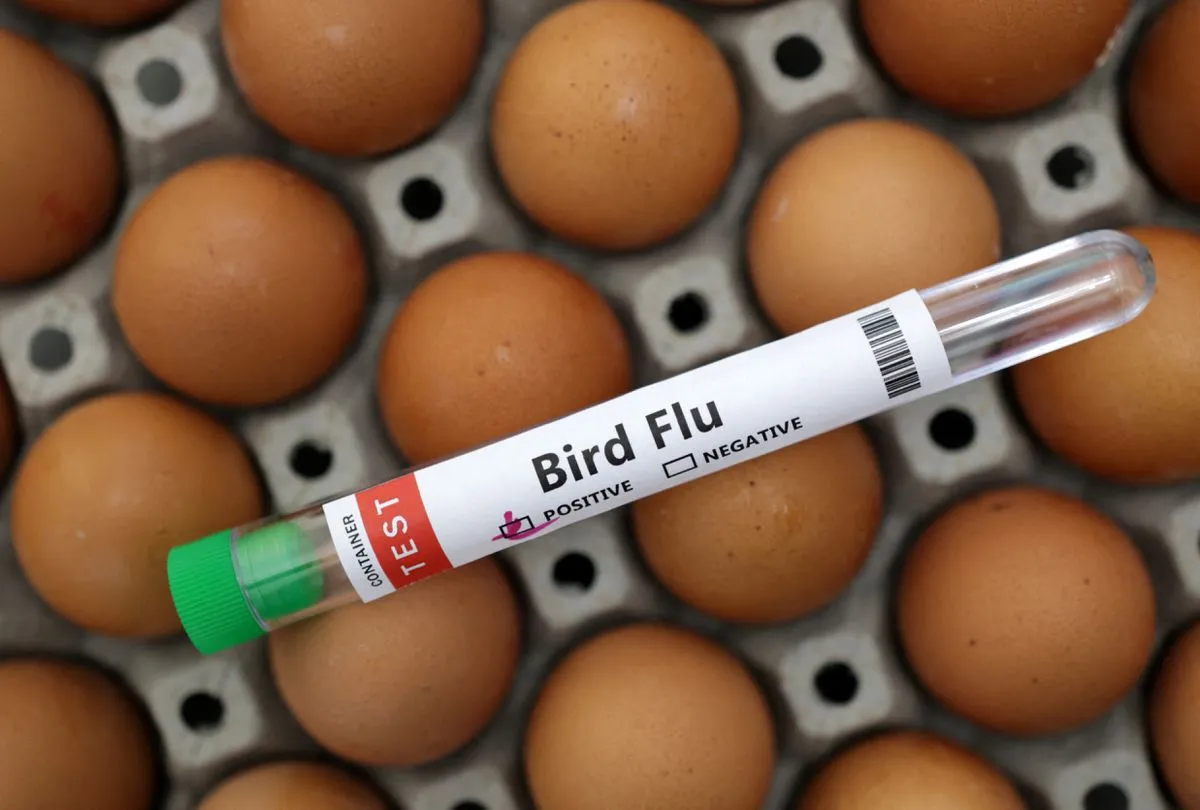
LONDON, Feb 24 (Reuters) – The World Health Organization (WHO) has confirmed that it is working closely with Cambodian authorities after two members of the same family were diagnosed with the H5N1 strain of bird flu.
Speaking to reporters during a virtual briefing, Dr Sylvie Briand, the director of epidemic and pandemic preparedness and prevention, described the situation as “worrying” due to the recent increase in cases in birds and mammals.
The H5N1 virus is a highly pathogenic strain of avian influenza that has been responsible for outbreaks in both birds and humans over the past two decades. In humans, the virus can cause severe respiratory illness and has a mortality rate of around 60%.
Dr Briand confirmed that WHO is currently reviewing its global risk assessment in light of the recent developments in Cambodia, and is working closely with local health authorities to ensure that appropriate measures are taken to contain the outbreak.
She added that WHO is also providing technical support to help Cambodian health officials with the investigation and response to the outbreak.
The news of the two confirmed cases of H5N1 in Cambodia comes amid rising concerns about the spread of bird flu globally. In recent months, several countries have reported outbreaks of the virus in poultry flocks, including China, India, and Iran.
The WHO has warned that the emergence of new strains of bird flu poses a significant threat to global health and has urged countries to remain vigilant and take all necessary measures to prevent the spread of the virus.
As the situation in Cambodia continues to develop, health officials are urging people to take precautions such as avoiding contact with sick or dead birds, washing hands regularly, and seeking medical attention if they develop flu-like symptoms.
With the WHO and local health authorities working together, there is hope that the outbreak in Cambodia can be contained before it spreads further.